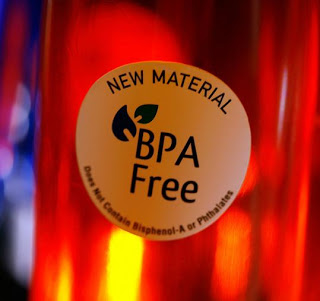Jonathan Benson
Natural News
A recent study published online in the journal Biology of Reproduction further reveals the disruptive nature of bisphenol A (BPA) in gene expression. According to the data, pregnant mice exposed to BPA experience significant genetic changes in their fetal ovaries, indicating that the next generation of their offspring will likely be born with serious genetic defects.
Dr. Patricia A. Hunt and her colleagues at Washington State University (WSU) in Pullman, Wash., exposed female mice to levels of BPA roughly equivalent to the levels humans are exposed to on a regular basis. The team discovered that in as little as 12 hours after exposure, egg production in exposed mice suffered reproductive damage. They believe exposure even altered the reproductive capacity of the mice’s grandchildren.
According to the study report, BPA exposure negatively affects mitosis, the process by which cells divide their nuclei chromosomes in order to reproduce into new cells. BPA also disrupts other normal cell cycle functions and DNA replication, which researchers say can potentially shorten the “reproductive lifespan” of females.


Be the first to comment on "Even tiny exposure to BPA turns offspring into genetic mutants"